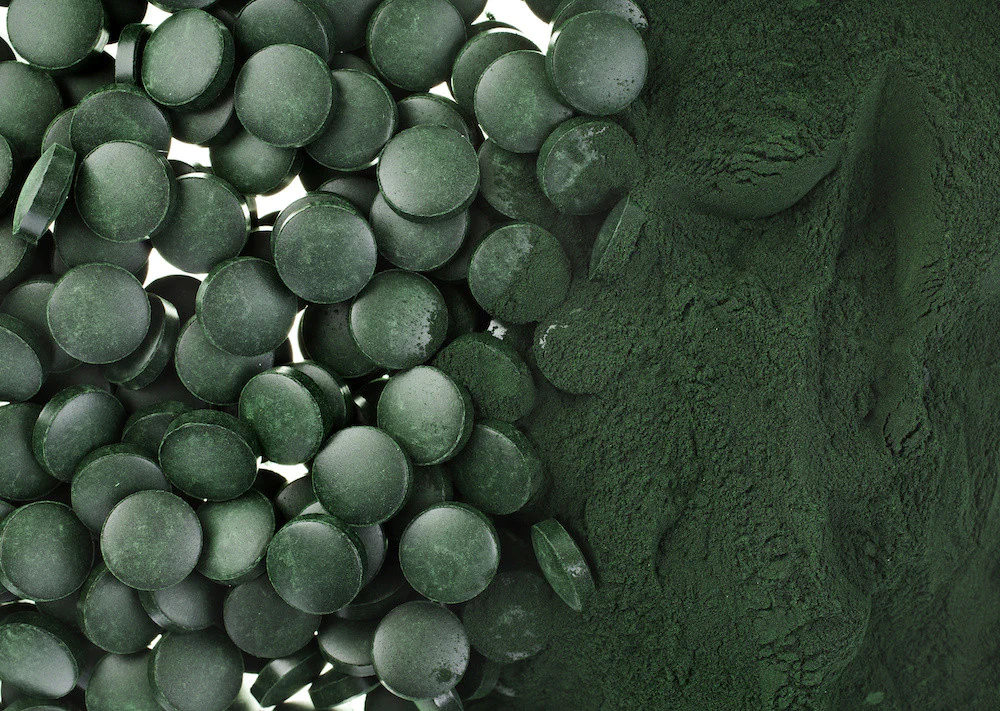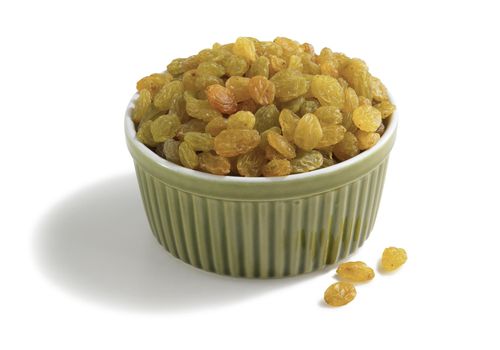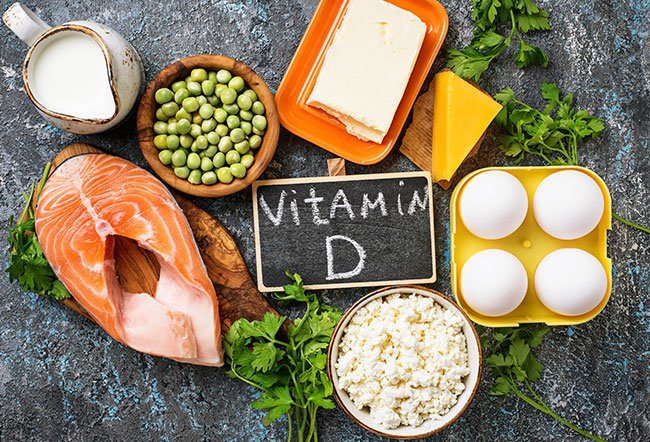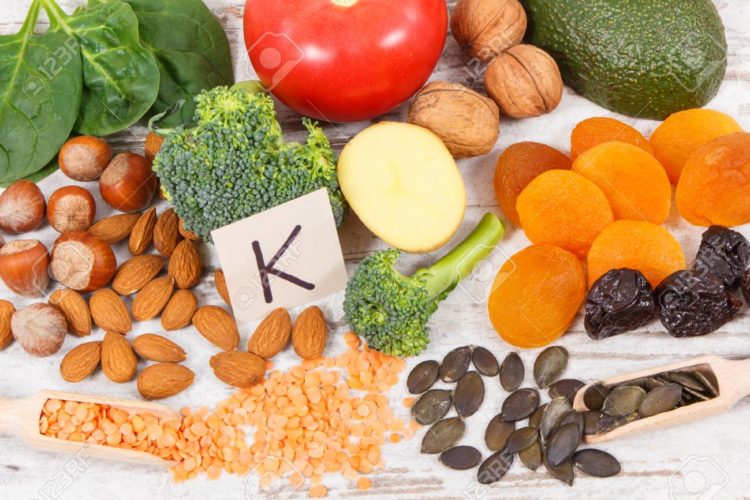
Platelets, also known as thrombocytes, are colorless cell fragments that are responsible for making clots and stop or control bleeding in our bodies. Our bone marrow produce platelets. Stem cells in bone marrow give rise to red blood cells, white blood cells, and platelets. Platelets help our bodies control bleeding, so they're important for surviving surgeries like organ transplants, as well as fighting cancer, chronic diseases, and serious injuries. Patients who don't have enough of their own platelets, a disease known as thrombocytopenia, or whose platelets aren't operating properly are given donor platelets. The risk of serious or even deadly bleeding is reduced by increasing the patient's blood platelet count.
Normal platelet count : The platelet count in a typical blood sample ranges from 150,000 to 450,000 platelets per microliter.

Platelets in blood
Thrombocytosis is defined as having more than 450,000 platelets; thrombocytopenia is defined as having fewer than 150,000 platelets. Platelet count can be easily determined by conducting a simple complete blood count blood (CBC) test.
Low platelet count
Platelet loss is a severe issue since it causes our bodies to lose blood. There are two possible causes
for the low amount of platelets: either they are destroyed or not created enough.
Causes of low platelet count :

Symptoms of low platelet count :
Some individuals with moderate thrombocytopenia don't show any signs or symptoms. A cut or nosebleed that won't stop bleeding is often one of the first indicators.
The following are some more indicators of a low platelet count :
Certain foods are sources of nutrients that are important for platelet formation and can help to increase the platelet levels naturally. These are :
Folate rich foods : food items such as dark green leafy vegetables like spinach and brussel sprouts, black eyed peas (lobia), rice,
nutritional yeast, broccoli, beetroot , nuts and seeds, asparagus, peanuts, kidney beans, oranges and orange juice, fortified cereals
and plant based dairy alternatives. This nutrients is responsible for maintaining the health of blood cells.

Foods rich in folate
Foods rich in Vitamin B-12 : The production of red blood cells requires vitamin B-12. Low B-12 levels in the body may also
contribute to low platelet counts. Animal-based goods, such as beef , organ meat, eggs, contain
vitamin B-12. Clams, trout, salmon, and tuna are examples of fish that are a source of vitamin B-12.
Vitamin B-12 is also found in dairy products, although some evidence suggests that cow's milk may impact platelet synthesis.
For vegetarians and vegans, fortified cereals, nutritional yeast, tempeh, mushrooms, almonds are good sources of vitamin B-12.
Almond milk or soy milk supplements, for example, are fortified dairy replacements.

Sources of vitamin B12
Iron rich foods : Iron is required for the production of healthy blood cells in the body. It also boosted platelet counts in patients
with iron deficient anemia, according to a 2012 research.
Good sources of iron are : spinach, legumes, quinoa, pumpkin , beans and lentils, apples, nuts and seeds, amaranth, broccoli,
tofu, tuna, clams, oysters, organ meats.

Foods high in iron.
Vitamin C : Vitamin C assists platelets in forming clumps and performing their functions effectively. It also aids in the
absorption of iron, which may aid in the rise of platelet counts.
Vitamin C can be found in the following foods : Mangoes, oranges,
berries, amla, spinach and other leafy greens, guava, kiwi, lemons, pineapple, broccoli, bell peppers, tomatoes, cauliflower.

Foods that contain Vitamin C
Papaya and papaya leaves : Both papaya and its leaves are beneficial in raising platelet count in our bodies. Eating ripe
papaya every day and consuming the juice from its leaves may help improve platelet count.

Papaya leaf juice is very beneficial to increase platelet count
Pumpkin and its seeds : nutrients present in pumpkin aid in the efficient production of protein, which is critical for platelet
formation. Pumpkin also contains Vitamin A, which aids in platelet synthesis in the body. As a result, eating pumpkin and its seeds on a daily basis can help us increase our platelet count.

Pumpkin and its seeds
Wheatgrass : Wheatgrass can help increase the quantity of platelets in our blood. Wheatgrass contains a lot of chlorophyll,
which has a molecular structure similar to the hemoglobin molecule in our bodies. To increase the effectiveness of
wheatgrass juice, mix half a cup with a little lemon juice. Vitamin C is a vitamin that helps the body absorb iron by attaching to it.
This helps in better nutrient absorption.

Wheatgrass juice is packed with nutrients
Aloe vera juice : Aloe Vera aids in the cleansing of the blood. It also works to keep blood infections at bay. All of this results in a
rise in blood platelet count, thus treating the condition of low platelets.

Aloe vera juice
Pomegranate : Pomegranate seeds are not only tasty, but they are
also high in iron, which can aid to improve platelet count. Pomegranate seeds are also high in antioxidants, anti-inflammatory compounds, and immune boosters. Pomegranate has been shown to help increase blood platelet count.

Raisins : Raisins are high in iron and are thought to help raise RBC and platelet counts. Anemia and platelet count are both
caused by iron deficiency. Adding a handful of raisins to your daily diet can help you get more iron. The best way to consume them in order to get the maximum benefits is by soaking in water overnight and eating the next day in the morning.

Vitamin D rich foods : Vitamin D helps the bones, muscles, nerves, and immune system to work effectively. Vitamin D is also
necessary for the function of the bone marrow cells that create platelets and other blood cells. Vitamin D can be found in the
following foods: fatty fish such as salmon, tuna, and mackerel, egg yolks, fish liver oils, yoghurt and fortified milk. Vegan sources are : mushrooms, grains and cereals enriched with vitamins and minerals, orange juice with added vitamins, fortified dairy alternatives like soy milk, tofu, soy yogurt.
Sun exposure can help the body create vitamin D

Vitamin K rich foods : Vitamin K is a crucial vitamin for individuals with low platelet counts since it helps with blood
clotting and bone health. According to a recent survey conducted by the PDSA (Platelet Disorder Support Association), roughly 27%
of persons who took Vitamin K saw an improvement in platelet counts and bleeding symptoms. Good dietary sources are : green leafy vegetables, broccoli, kiwi, asparagus, green apple, pear, avocado, olive oil, fermented soy, beans and lentils, peas, bell
peppers, nuts, berries , prunes, parsley.

Fresh fruits and vegetables containing vitamin K